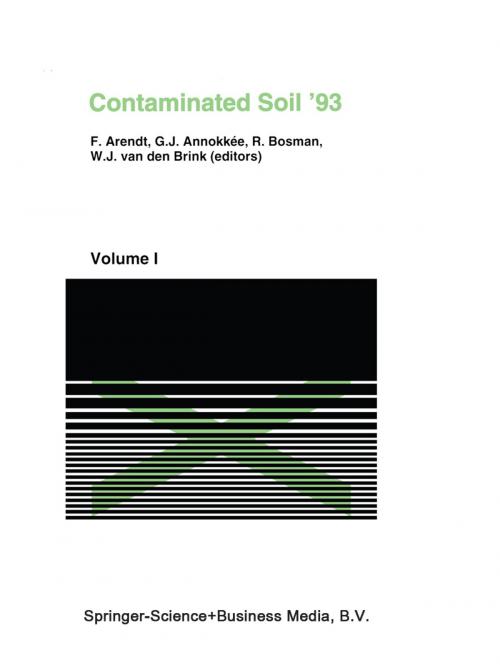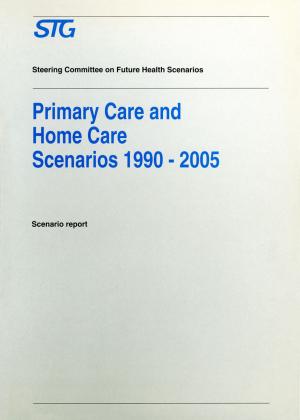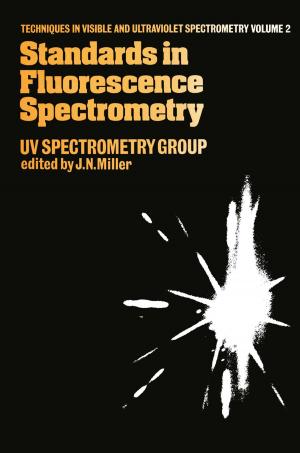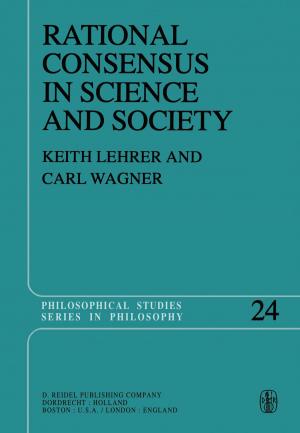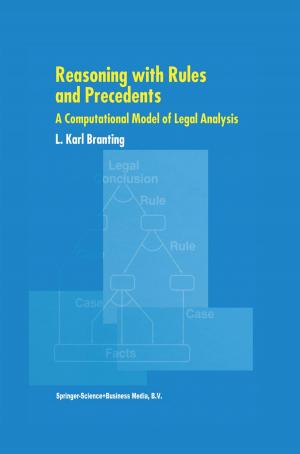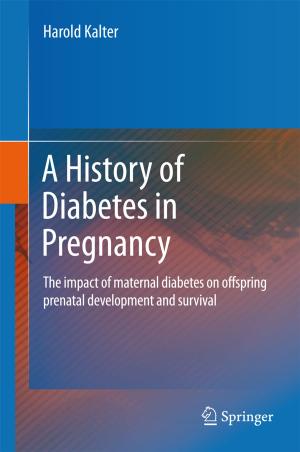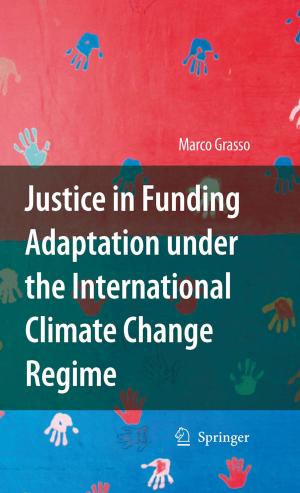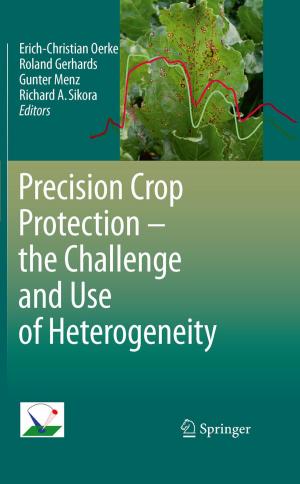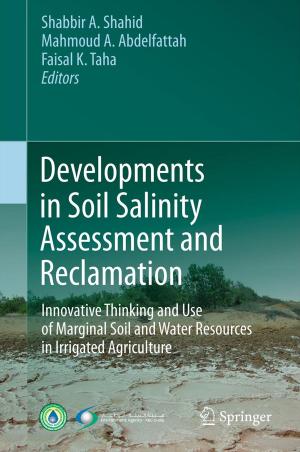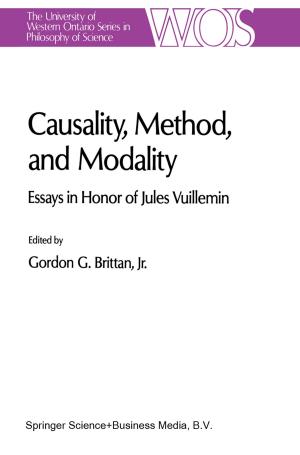Contaminated Soil’93
Fourth International KfK/TNO Conference on Contaminated Soil 3–7 May 1993, Berlin, Germany
Nonfiction, Science & Nature, Technology, Environmental, Science, Biological Sciences, Environmental Science, Nature| Author: | ISBN: | 9789401120180 | |
| Publisher: | Springer Netherlands | Publication: | December 6, 2012 |
| Imprint: | Springer | Language: | English |
| Author: | |
| ISBN: | 9789401120180 |
| Publisher: | Springer Netherlands |
| Publication: | December 6, 2012 |
| Imprint: | Springer |
| Language: | English |
F. Arendt, XxX (Conference chairman) w. Harder, TNO (Conference co-chairman) The 1993 Berlin conference on contaminated sites is the fourth in a series of meetings initiated by the Netherlands Organization of Applied Scientific Research (TNO) in 1985 and later continued with the Karlsruhe Nuclear Research center (KfK) of Germany. The present economic stagnation or recession in many countries is leading to various proposals to reduce the level of costly environmental activities: restricted funds are used for really urgent cases rather than precautionary measures. The level of soil contamination caused by the former centrally planned economies adds to this tendency. The Conference tries to broach this controversy by discussing once more the targets and strategies of soil remediation with follow-up use of the site as an important parameter. Both new regulations and modifications of existing lists for a tolerable level of contamination are reviewed alike. Immobilization and enclosure of pollutants are often less expensive than complete remediat ion and, consequently, may grow in significance. We consider the conference of great significance for demonstrating the experiences gained with management and remediation of contaminated sites internationally, among others to avoid mistakes and excessive costs. Two new types of soil contamination became apparent after the end of the cold war. Many military sites, airfields and train ing grorinds are being abandoned. After decades of use, large sections and hot spots of these sites are polluted to a high average level.
F. Arendt, XxX (Conference chairman) w. Harder, TNO (Conference co-chairman) The 1993 Berlin conference on contaminated sites is the fourth in a series of meetings initiated by the Netherlands Organization of Applied Scientific Research (TNO) in 1985 and later continued with the Karlsruhe Nuclear Research center (KfK) of Germany. The present economic stagnation or recession in many countries is leading to various proposals to reduce the level of costly environmental activities: restricted funds are used for really urgent cases rather than precautionary measures. The level of soil contamination caused by the former centrally planned economies adds to this tendency. The Conference tries to broach this controversy by discussing once more the targets and strategies of soil remediation with follow-up use of the site as an important parameter. Both new regulations and modifications of existing lists for a tolerable level of contamination are reviewed alike. Immobilization and enclosure of pollutants are often less expensive than complete remediat ion and, consequently, may grow in significance. We consider the conference of great significance for demonstrating the experiences gained with management and remediation of contaminated sites internationally, among others to avoid mistakes and excessive costs. Two new types of soil contamination became apparent after the end of the cold war. Many military sites, airfields and train ing grorinds are being abandoned. After decades of use, large sections and hot spots of these sites are polluted to a high average level.
